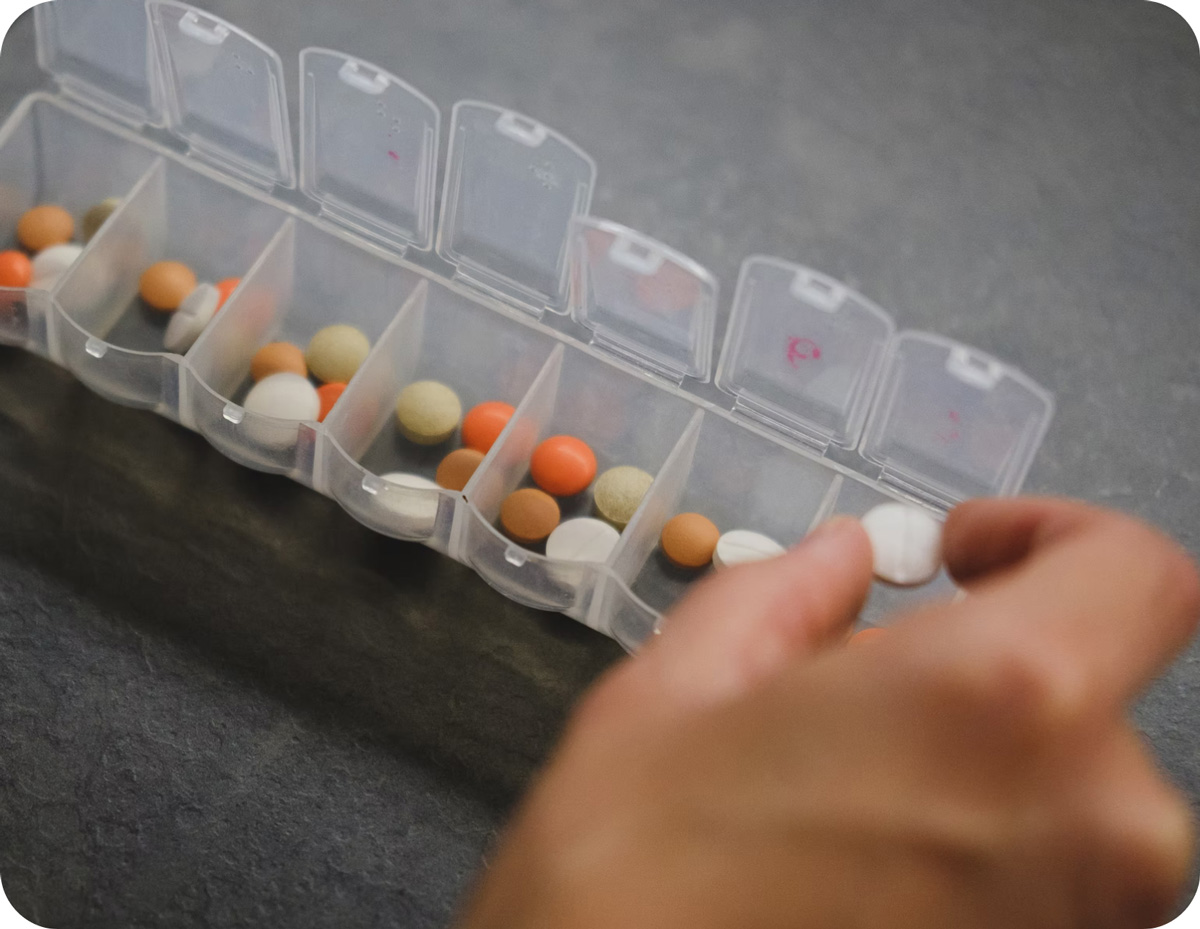What is PrEP?
Protecting yourself from HIV is easy and can help you feel empowered and in control of your sexual health.
By using just one pill called PrEP (Pre-Exposure Prophylaxis), people who do not have HIV can protect themselves from getting HIV. PrEP has been available in the U.S. since 2012 and is safe and works well. People of any gender or sexual orientation can use PrEP.
Many patients pay nothing out of pocket. PrEP is covered by Medicaid and most private insurance plans. If you need help or do not have insurance, ask us about programs to help you get PrEP at no cost.
In New York, anyone age 13 and over can take PrEP.
If taken the right way, PrEP can lower the risk of getting HIV by over 90%. You can relax and enjoy sex with your partner(s) without the fear of HIV.
For vaginal sex:
- PrEP must be taken once-a-day, every day to offer protection.
- PrEP begins working for vaginal sex after 20 days.
For anal sex:
- PrEP can be taken daily or on demand.
To decide which method is best for you, ask your doctor.
Many patients still have questions about PrEP. Some people feel they need more information before deciding whether or not to use PrEP. At CHN, we are here to help and answer your questions.
CHN staff can help you:
- Decide if PrEP is right for you.
- Sign up for insurance or another program to help pay.
- Set up your visits.
- Find ways to remember to take your medicine.
To get PrEP, you need to:
- Use health insurance or another program to pay for the medicine and medical care.
- Get tested every 3 months for HIV, STIs (infections you can get from sex), and other blood tests.
- Take the medicine the way your doctor tells you to.
What is PEP?
PEP stands for post-exposure prophylaxis. PEP is two pills that you take for 28 days after having sex with someone you know or think could have HIV.
You have to take PEP within 36 hours of being exposed to HIV. If you take PEP, you are a lot less likely to get HIV.
Patients on PEP need to:
- Get tested for HIV 30-days and 90-days after starting PEP.
- Get tested and treated for other STIs.
- Take the pill(s), the way your doctor told you, every day for 28 days.
- Make a plan to protect yourself from HIV in the future.
#Prep4PrideNYC
#Prep4PrideNYC is a community movement celebrating acceptance and being comfortable in your own skin to promote a conversation around sexual health.
Sex should be enjoyed and freely discussed without feelings of shame or awkwardness. With open conversations, we can begin to provide support and keep our communities healthy.

